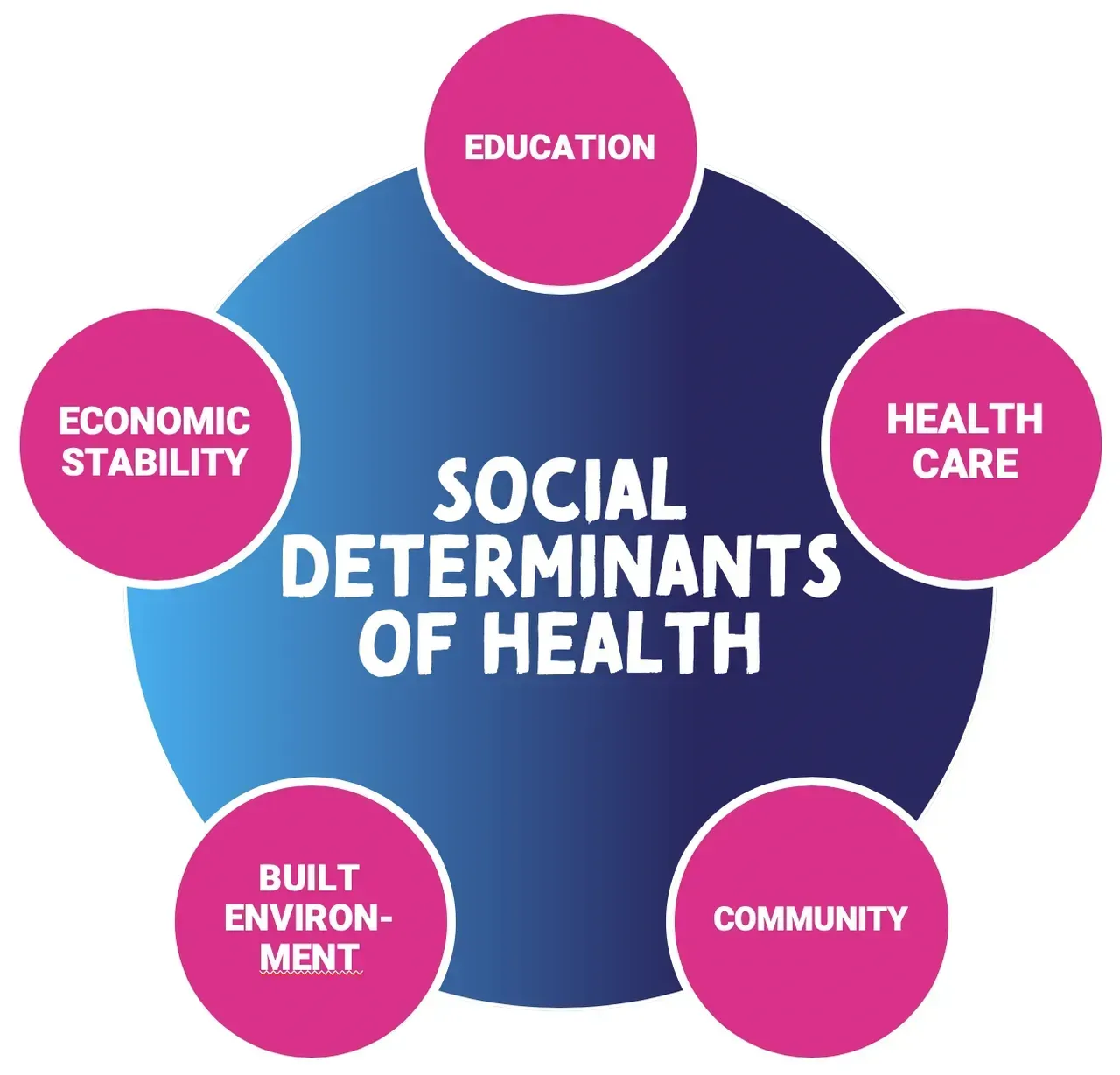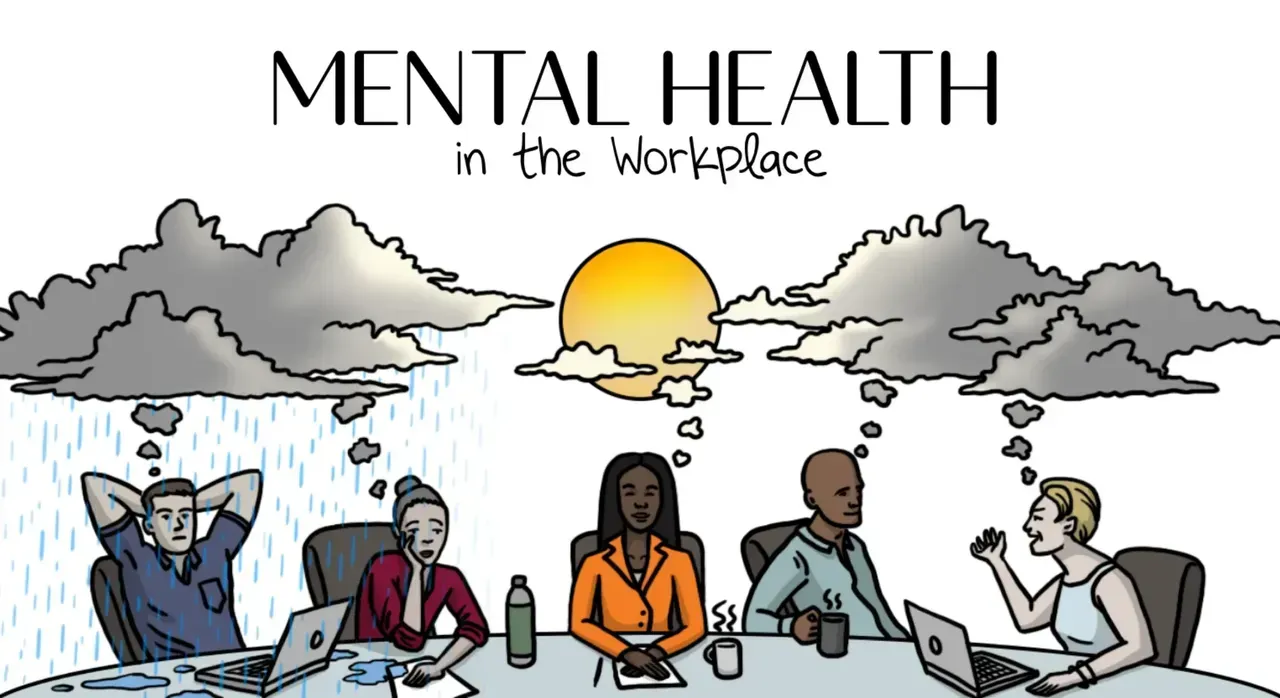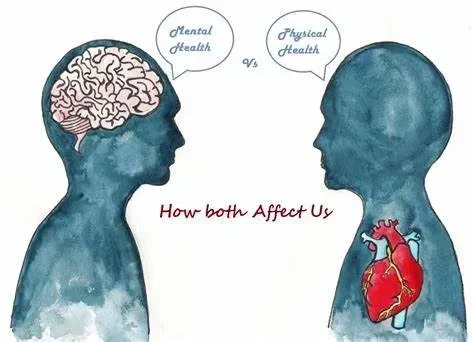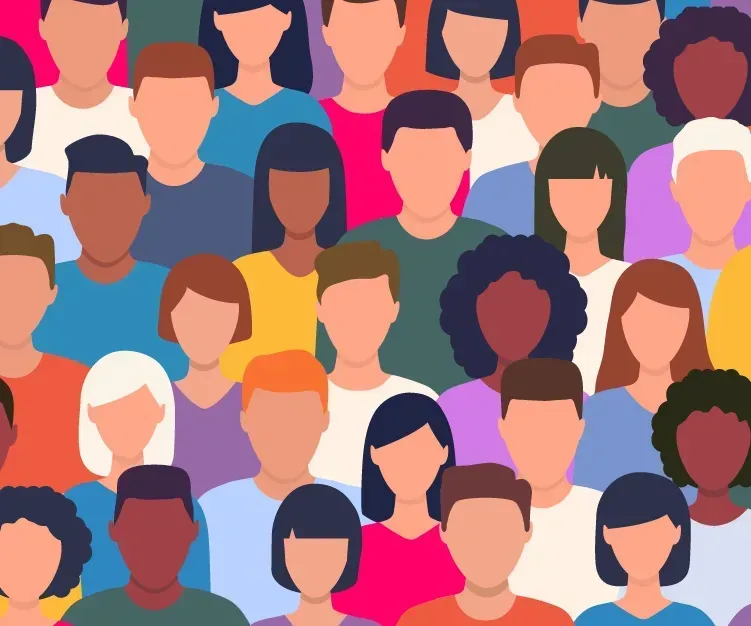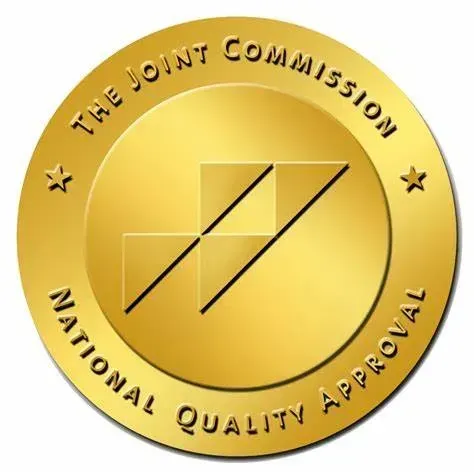Da Vinci Dispatch
Illuminating healthcare consulting with strategic insights, compliance expertise, and innovative solutions for today’s leaders.
Da Vinci Consulting Services
How Technology is Transforming Behavioral Health Care

The landscape of behavioral health care is being revolutionized by technological innovations, offering new opportunities to enhance access, quality, and delivery of mental health services. From teletherapy platforms to mobile mental health apps, technology is playing a pivotal role in expanding the reach of behavioral health care and improving the overall patient experience. In this blog post, we will explore the ways in which technology is reshaping behavioral health care, presenting exciting innovations and opportunities for individuals, providers, and organizations within the mental health sector.
Teletherapy and Virtual Care: One of the most significant advancements in behavioral health care is the rise of teletherapy and virtual care platforms. These technologies have made mental health services more accessible, allowing individuals to connect with licensed therapists and counselors from the comfort of their homes. The convenience and flexibility offered by teletherapy not only reduce barriers to seeking care but also cater to individuals who may face challenges accessing traditional in-person services.
Digital Mental Health Apps: The proliferation of digital mental health applications has democratized access to mental health resources, providing users with tools for self-management, emotional support, and cognitive behavioral therapy. These apps offer a wide range of features, including mood tracking, meditation exercises, and access to mental health resources, empowering users to take an active role in managing their mental well-being. As the demand for digital mental health solutions continues to grow, there are abundant opportunities for developers and mental health professionals to collaborate in creating impactful and user-friendly applications.
Data Analytics and Personalized Care: Technology is enabling the collection and analysis of vast amounts of behavioral health data, leading to insights that can inform personalized and targeted approaches to care. Through data analytics, providers can identify patterns, predict potential relapses, and tailor treatment plans to meet the specific needs of each individual. This data-driven approach enhances the effectiveness of behavioral health interventions, ultimately improving outcomes and optimizing the delivery of care.
Collaborative Care Platforms: Integrated platforms that facilitate collaboration among care team members, including primary care physicians, mental health specialists, and social workers, are transforming the way behavioral health care is delivered. These platforms streamline communication, enable shared decision-making, and ensure continuity of care, resulting in a more holistic and coordinated approach to addressing individuals' mental health needs. The seamless integration of behavioral health into broader healthcare systems creates opportunities for comprehensive and collaborative care delivery, benefiting patients and providers alike.
Innovative Therapeutic Tools: Advanced technologies, such as virtual reality (VR) therapy and biofeedback devices, are introducing innovative therapeutic tools that complement traditional treatment modalities. VR therapy holds promise in exposure therapy for phobias and post-traumatic stress disorder, while biofeedback devices enable individuals to monitor and regulate physiological responses, supporting stress reduction and emotional self-regulation. These innovative tools expand the therapeutic options available to individuals and reflect the potential for technology to revolutionize the practice of behavioral health care.
In conclusion, technology is driving transformative changes in behavioral health care, presenting a wealth of innovative solutions and opportunities for optimizing the delivery of services and improving mental health outcomes. By embracing these technological advancements, the behavioral health sector can continue to evolve and adapt to meet the diverse and evolving needs of individuals seeking mental health support. Through ongoing innovation and collaboration, the intersection of technology and behavioral health care holds great promise for the future of mental health and well-being.



